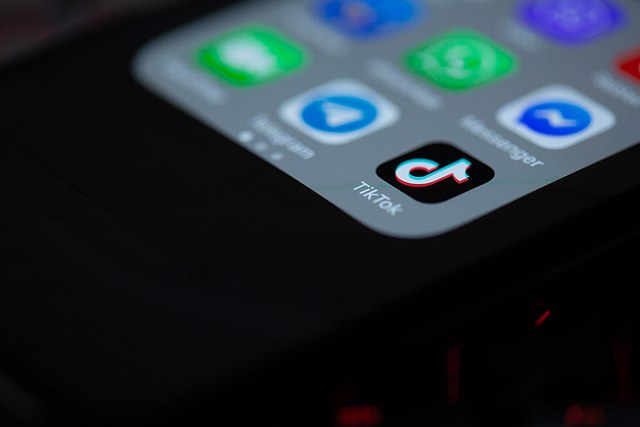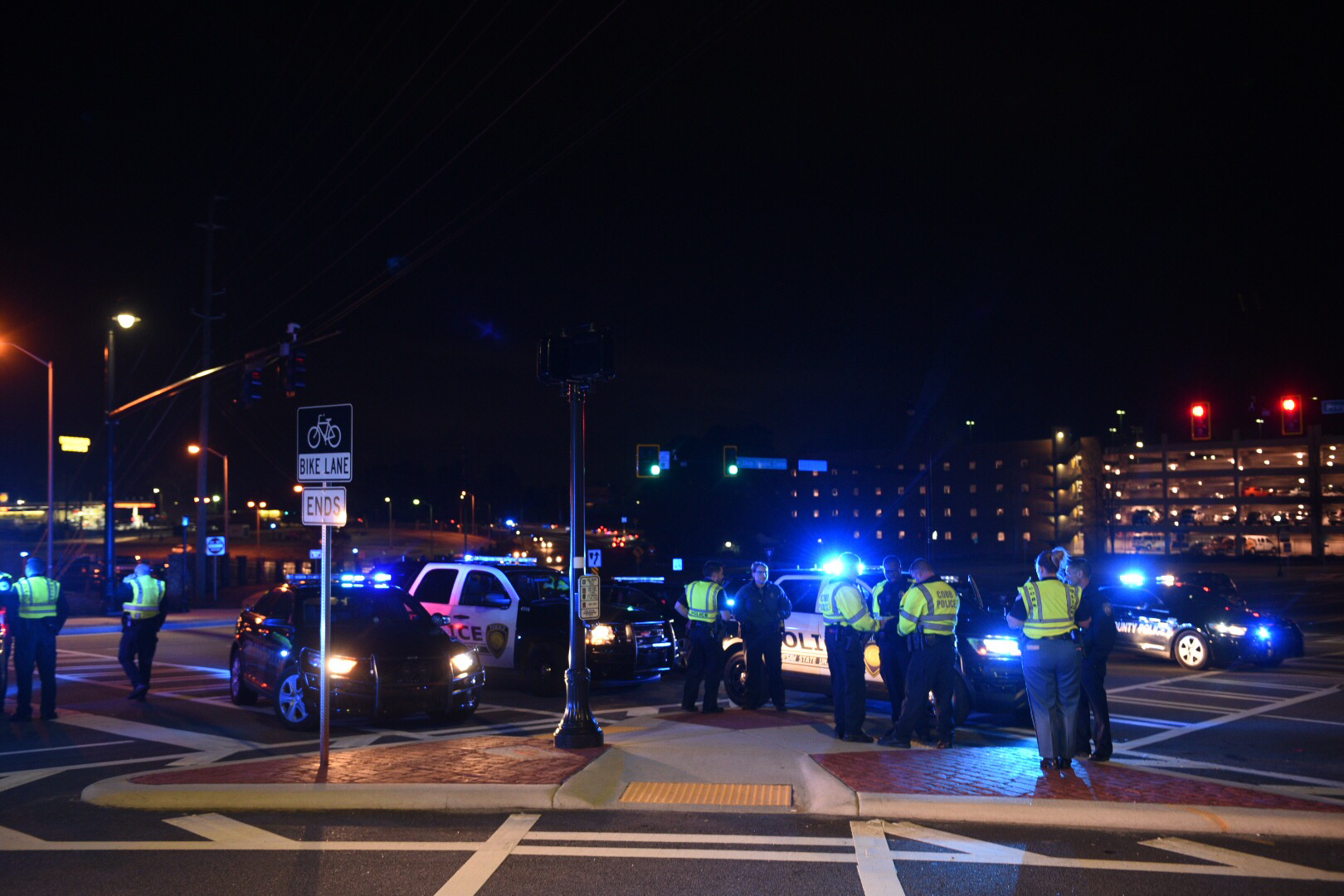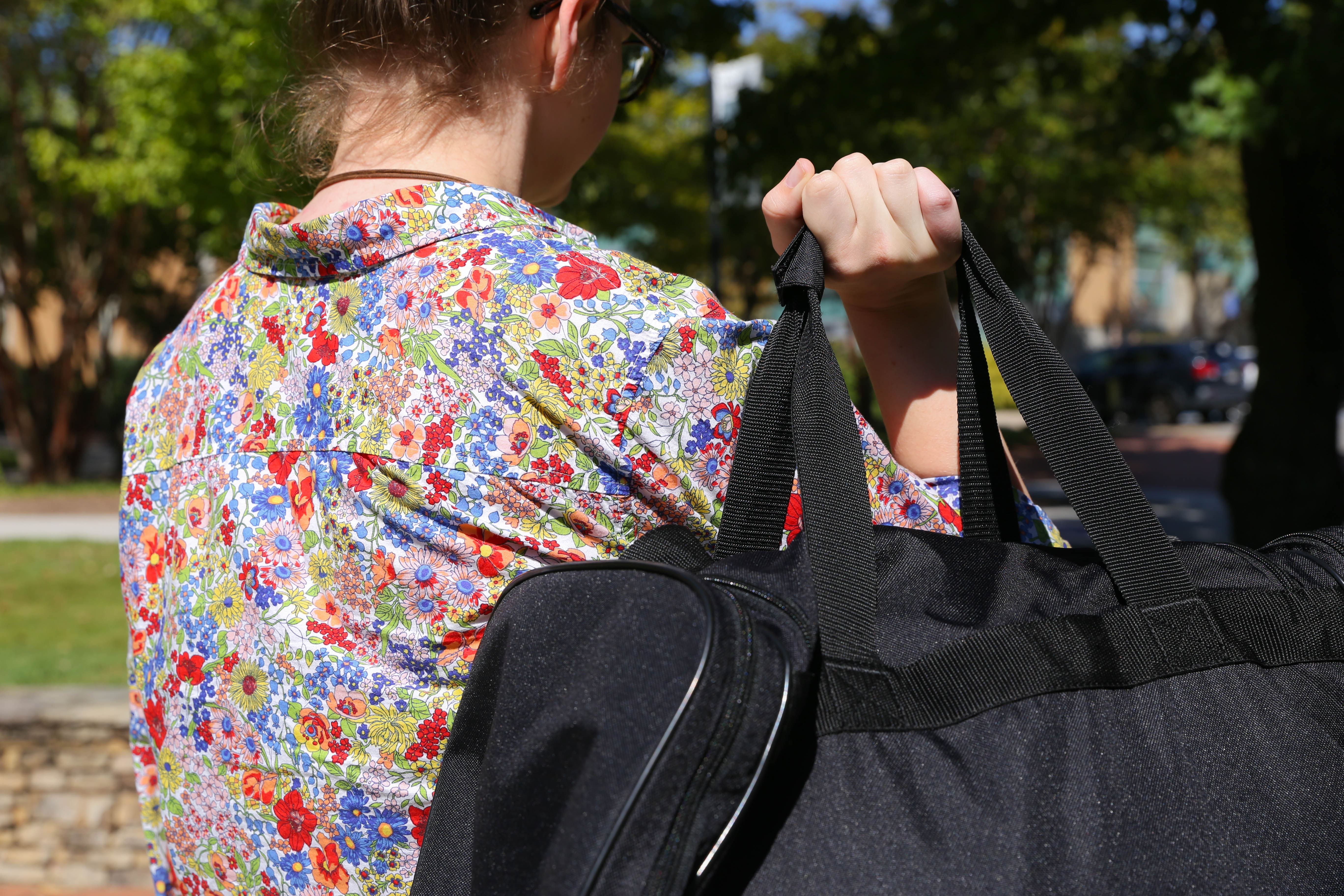Audiences often pressure the people they support to be advocates for social change, but is that really their job?
During the height of the Black Lives Matter movement in 2020, #BlackoutTuesday swept across all of social media as a form of protest against the death of George Floyd and police brutality. Instagram feeds were flooded with black squares as legions of celebrities, influencers and various others tried to make their voices heard.
Despite the intensity of the movement, many critics considered whether this attention was genuinely helping the moment or just another example of virtue signaling.
The discussion of influencer involvement in social issues has emerged again with audiences urging for advocacy concerning the Israel-Hamas war.
In many cases, influencers end up talking about social issues online not because they believe in the cause, but because they face backlash from their community for their silence.
One example of influencers encountering criticism is Brittnay Broski, who faced significant backlash for her silence concerning Palestine.
In a video on her private Instagram story, Brittany addressed the problem of requiring her to address the issue despite her activism in other social movements such as BLM and the LGBTQ+.
“In what dystopian universe do I have to address the situation in the Middle East,” she said, “In what universe am I a voice to speak on this?…but because I have a check mark and I have over a million [followers], immediately I’m qualified.”
Brittany Broski ended up apologizing to her fans for this statement on her podcast and addressed the importance of having someone with a large following advocating for social change. However, many of her fans echoed sentiments of virtue signaling and felt like her shift to Palestinian advocacy rang shallow.
Social advocacy creates another responsibility put on influencers who suffer from a parasocial relationship dynamic with their fans. Audiences might feel the need to push influencers such as Brittany Broski to speak due to the high opinion they hold of them. If audiences hold certain opinions, then they usually want the people they watch to have similar beliefs.
Brittany Broski’s statement on her podcast wasn’t anything new. She did not bring a unique voice into the discussion.
In this situation, forcing an influencer to speak instead of allowing them the agency to address social issues as they see fit, ends up creating another part of their job that they are not qualified to speak about.
Discussing social issues is by no means a requirement of their professions. If influencers want to support the causes they believe in, they can easily do it silently.
For example, popular Youtuber Markiplier donated $25,000 during the Creators for Palestine event under the pseudonym “The Mark.”
When he addressed the donation based on repeated questions from his fans, Markiplier mentioned, “I don’t ever try to get credit for things like that, that’s not the reason why I do it.”
Advocacy is most genuine when influencers come to it on their own terms. Audiences who pressure celebrities or content creators into speaking eliminate the authenticity of their voices.
While it is good that some influencers use their community to promote awareness of issues they believe deserve recognition, it isn’t their job.
If they choose to support social or political opinions, it should not be a requirement for every influencer to speak. Ultimately, an influencer’s job is to produce entertainment and they should not be criticized if they choose to stay silent.



